Expert Warns About Risks to Mental Health and Academic Achievement From Marijuana Use
- Friday, 31 March 2023 20:49
- Last Updated: Saturday, 01 April 2023 10:54
- Published: Friday, 31 March 2023 20:49
- Wendy MacMillan
- Hits: 2617
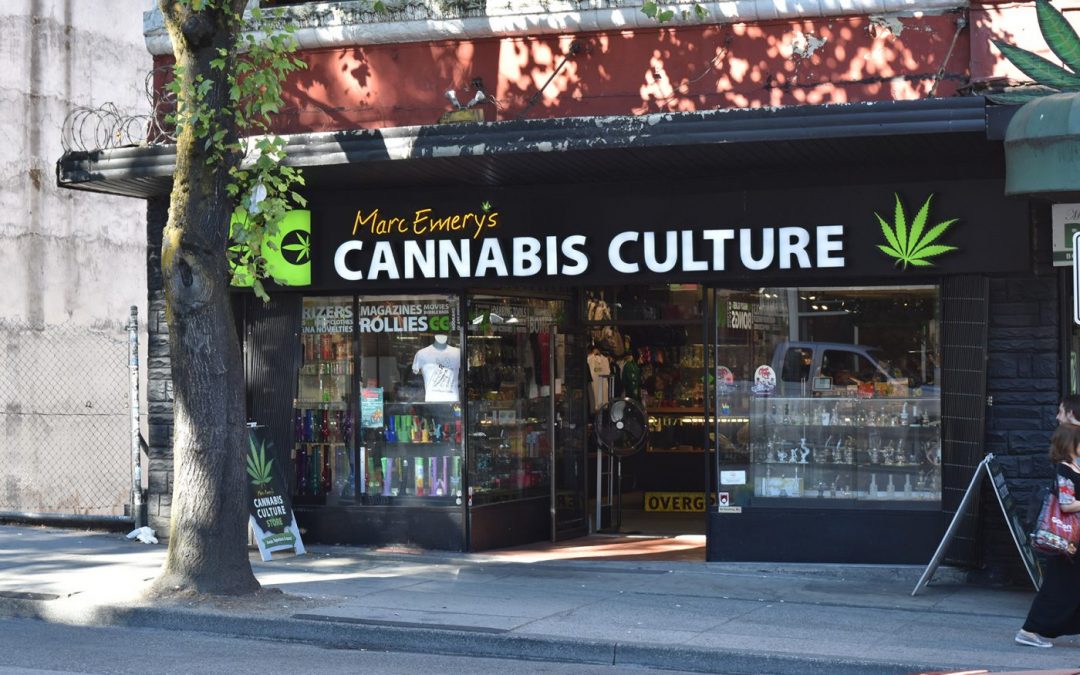 Since the legalization of marijuana in New York State you can hardly walk down a street in NYC without being hit with wafts of pot smoke or running into a pop-up dispensary. With its decriminalization, people’s perceptions of cannabis also seems to have changed. Partly aided by clever advertising touting all of the “benefits” of cannabis, a larger population of teens and parents think of it as a relatively safe and benign drug to use. But are these perceptions true?
Since the legalization of marijuana in New York State you can hardly walk down a street in NYC without being hit with wafts of pot smoke or running into a pop-up dispensary. With its decriminalization, people’s perceptions of cannabis also seems to have changed. Partly aided by clever advertising touting all of the “benefits” of cannabis, a larger population of teens and parents think of it as a relatively safe and benign drug to use. But are these perceptions true?
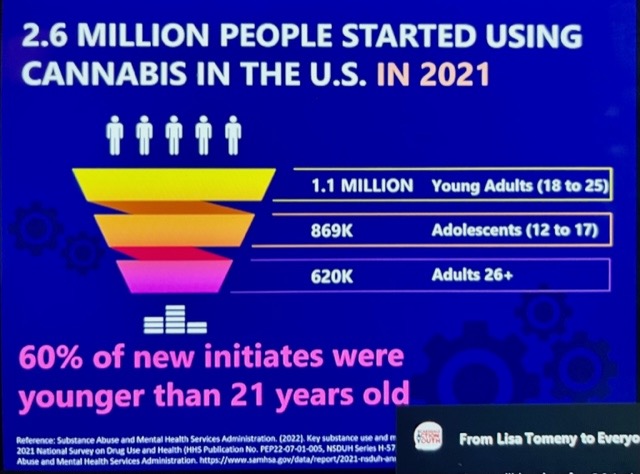 On Tuesday March, 28th Scarsdale Action for Youth (S.A.Y.) hosted a community meeting with Dr. Amelia Arria who informed her audience about the detrimental effects cannabis can have on academic achievement and mental health. Dr. Arria, a Professor and the Director of the Center on Young Adult Health and Development in the Department of Behavioral and Community Health at the University of Maryland School of Public Health, spent ten years with 1,253 students, researching the impact of excessive marijuana use on academic achievement.
On Tuesday March, 28th Scarsdale Action for Youth (S.A.Y.) hosted a community meeting with Dr. Amelia Arria who informed her audience about the detrimental effects cannabis can have on academic achievement and mental health. Dr. Arria, a Professor and the Director of the Center on Young Adult Health and Development in the Department of Behavioral and Community Health at the University of Maryland School of Public Health, spent ten years with 1,253 students, researching the impact of excessive marijuana use on academic achievement.
Dr. Arria began her presentation by highlighting statistics and information. Some significant points included:
-Because of stress related to the pandemic and other influencing factors, teens are experiencing increased levels of mental health issues and say they need our support now more than ever. Parents are the best and most available support for their children.
-In recent years, alcohol use has decreased but cannabis use has increased especially among young adults ages 18-25. Dr. Arria noted a large increase in use among young women.
-Even the cannabis industry believes that people under the age of 21 should not be allowed to use cannabis but our current policies work against this. Cannabis is very easy to access.
-The cannabis that people use today is vastly different from what parents may have experimented with growing up. Today’s cannabis is much more potent and contains way more THC than even 10 years ago. Because of how different cannabis is today, we have no longitudinal studies of the long term effects of modern cannabis use.
-There are many misperceptions in regard to cannabis use including that it is a substitute for drinking alcohol. In fact, oftentimes cannabis and alcohol are being used together.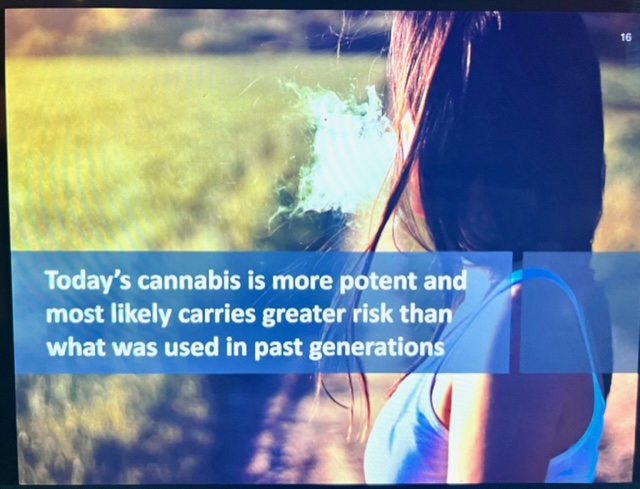
In the next part of her presentation Dr. Arria explored how cannabis use can negatively impact academic achievement. During the discussion, she emphasized that it is not only grades that are affected but also the “human skills” that are needed to succeed both academically and in the job world; skills such as: motivation, verbal and written communication skills, problem solving skills, resourcefulness and so much more. In one slide Dr Arria pointed out that college grads think they are far more prepared with these types of skills than employers do. A few of the other ways cannabis use can impair academic achievement include:
-Neurocognitive tests and other scientific research have proven that cannabis use negatively impacts the developing brain and that the more frequent the use, the greater the deficits.
-Cannabis use impairs cognitive function including perception and focus, selective attention, and learning and information processing…all of which are essential for maximizing academic potential.
-Cannabis use can hijack reward pathways of the brain. The immediate gratification associated with drug use can detract from other priorities like fulfilling responsibilities. A student’s focus on academic pursuits becomes blurred as drugs become more valued.
-Cannabis use can cause short term cognitive effects, cloudy thinking, and lack of motivation.
A lack of motivation and the desire to initiate tasks becomes more persistent with more frequent use.
-College students who used marijuana in the last year were twice as likely to skip class.
-There is a strong correlation between chronic use of cannabis and college drop out rates.
-Marijuana use is associated with lower reading and math scores on standardized tests.
-And yes, among the university research group, marijuana use was found to markedly affect a student’s GPA.
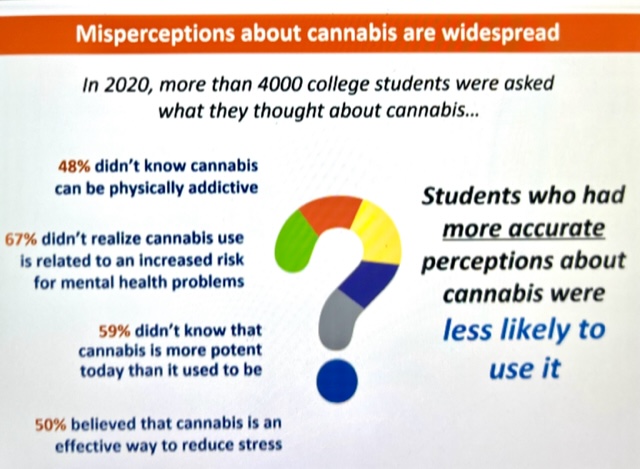
In addition to the ways in which cannabis use can affect a student’s academic achievement, Dr. Arria explained that colleges and universities are overwhelmed with mental health issues and how these issues are confounded by an increase in marijana use. While many believe that cannabis can help improve stress and anxiety, Dr. Arria described that actually the opposite is true. Though cannabis use can provide a short term mood change and an escape from uncomfortable feelings, it is an unhealthy coping skill that interferes with the opportunity to work through discomfort and learn effective coping strategies. Because users don’t learn to effectively deal with their problems, in addition to temporarily disengaging from their responsibilities, using cannabis as a coping strategy can actually worsen stress and anxiety and can trigger the onset of more adverse problems. Dr. Arria emphasized that science has proven over and over again that marijuana use can exacerbate existing disorders and is especially dangerous for the developing brain. She also highlighted the significant association of cannabis use with depression, anxiety, bipolar disorder, suicide behaviors, and psychosis and schizophrenia. And while smoking pot a few times in high school might not trigger any of these potential problems, it is important to consider influencing factors such as age of initiation, frequency of use, potency, and genetic or biological risk factors.
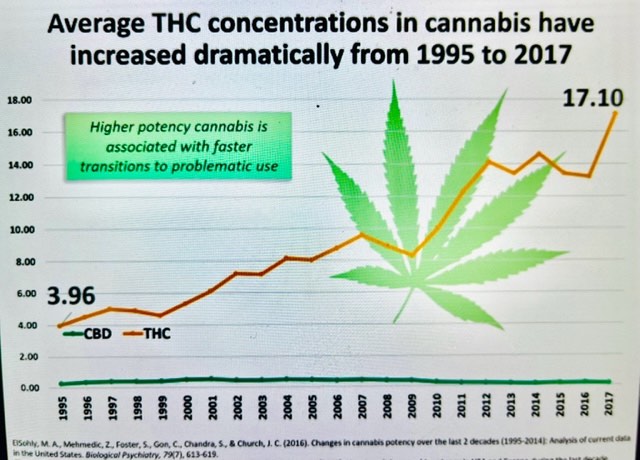 So knowing all of these risks, what are parents and caregivers to do? Dr. Arria suggests that first and foremost, prevention is key…the longer people delay the use of marijuana, the better. While treatment for cannabis use does exist, it is hard to find and isn’t always successful. Some of Dr. Arria’s other suggestions for parents include:
So knowing all of these risks, what are parents and caregivers to do? Dr. Arria suggests that first and foremost, prevention is key…the longer people delay the use of marijuana, the better. While treatment for cannabis use does exist, it is hard to find and isn’t always successful. Some of Dr. Arria’s other suggestions for parents include:
-Learn to detect individuals at risk for substance abuse such as: re-prioritization of activities, spending time partying at the expense of school obligations, trouble sleeping without cannabis or alcohol, difficulty socializing without cannabis, not being able to take a break from using, and using substances to cope with stress.
-Maintain constructive communication. Have conversations about OPPORTUNITIES to use substances and peer use.
-Help your children visualize their futures.
-Maintain vigilance and facilitate help-seeking
-Know the safety nets offered at schools and in the community (In Scarsdale we are fortunate to have RESET which is a free program of prevention education and early intervention designed for Scarsdale youth ages 13-16 who have become “substance involved” with nicotine, alcohol, and/or THC. For more information For more information, call 914-723-3281 or email [email protected].
-Counter misperceptions. The cannabis industry has done a great job of advertising products as safe and beneficial for your health…make sure kids know the facts and how to find information from reliable sources.
-Help improve your child’s health literacy. Make sure your children have the ability to find and understand health information and services, and how to make well-informed decisions about their health.
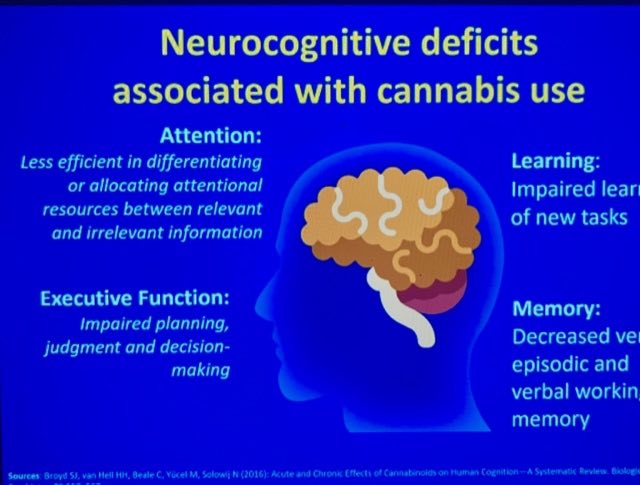
Dr. Arria suggested that one of the best ways to protect children is to set limits and boundaries for them, adding that how parents talk to their child about alcohol and cannabis use, really matters. Data from the Maryland Collaborative 2020 survey found college students who believed their parents disapproved of cannabis use were less likely to use marijuana. It also found that parents who only provided harm-reduction messages (i.e. how to be safe while drinking and that some alcohol is acceptable) were at the highest risk of drinking excessively in college.
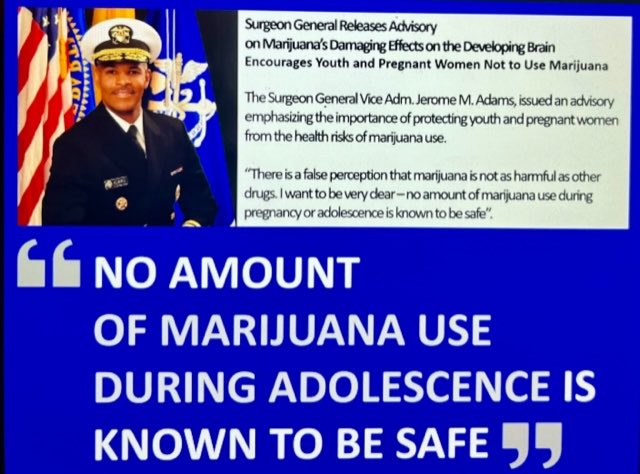
For more helpful information about this topic and so much more, please see the Scarsdale Advocates for Youth website. To learn more about Dr. Arria and her work, please click here:






